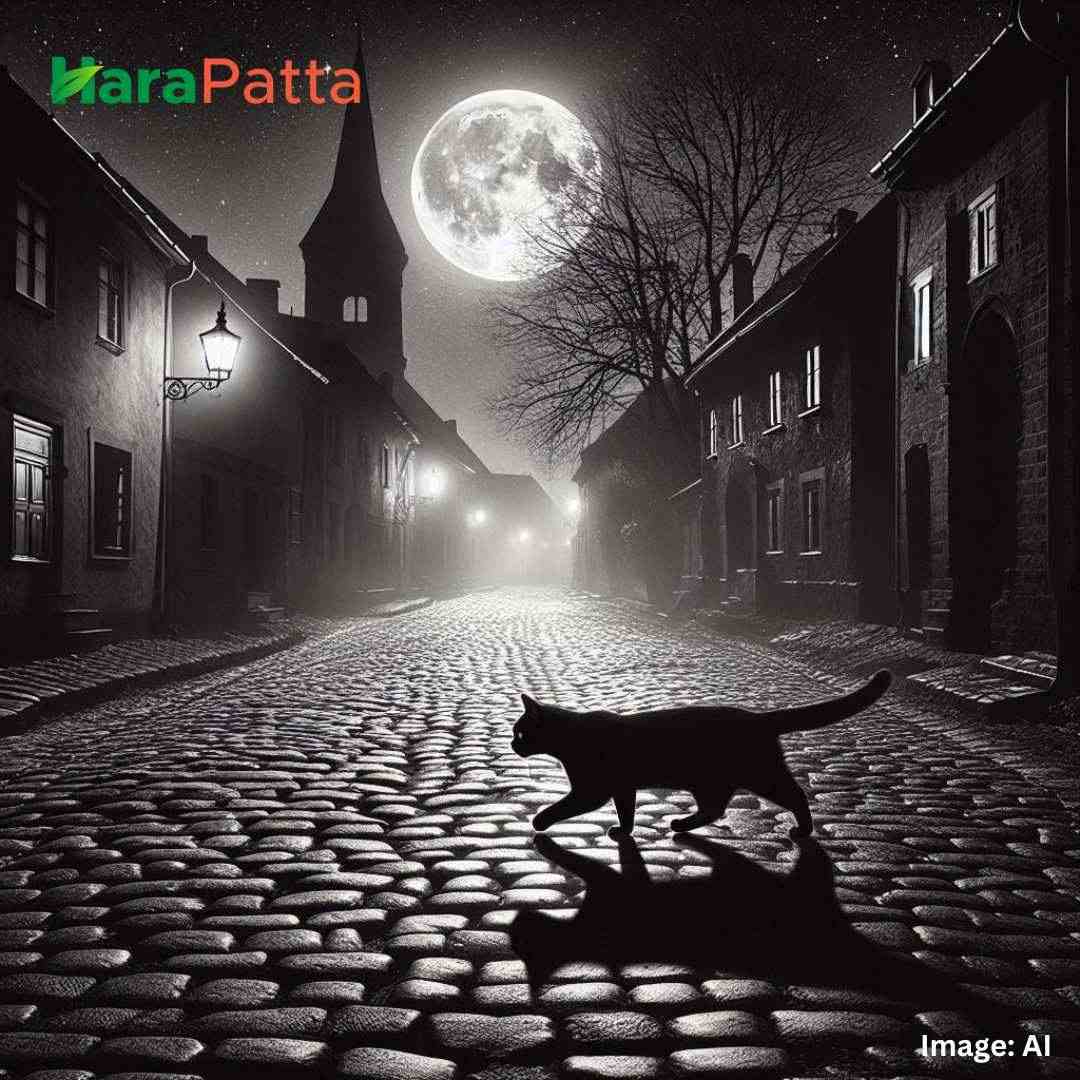Superstitious believe in my Culture
Sonia Khan
Superstitious people believe in things that are not real or possible. Superstitious has different meanings in different cultures. Superstition is one of the most widely held beliefs, particularly among the elderly. It is widely held, but irrational people believe in supernatural influences. Especially as leading to good or bad luck. In today’s world, the influence of old-age people’s superstitions is different from that of today’s youth. 
Our old-age people are superstitious; they say not to wash your hair on Tuesday, and sometimes they say not to cut nails on Thursday. These kinds of superstitious things have a very different impact on today’s youth. In Pakistan, our elders said that mental illness and psychological problems are considered by some to be an encounter with (shaitan), evil (jins), and demons who have taken over one’s body and mind. It is also assumed that it is caused by black magic performed by enemies and jealous people. People, especially children and girls, wear amulets (tawiz) to ward off evil eyes.
Many people in Pakistan believe that black magic or sorcery can help reduce their problems, cure disease, or even bring good luck. Such practices are common not only in rural areas where many people have low education but also in big cities where people have high education. Another superstition is a black cat crossing the road; it symbolizes bad luck.
A crow crawling indicates that guests are arriving. Drinking milk after eating fish causes skin disease. All these things are superstitious, and some people believe in them. The influence of old-age people’s superstitions is different from the mindset of today’s youth. Very few people in today’s youth believe in superstition. They do not follow any superstitious rules. They know that there is a specific reason behind every happening through the scientific method.
There are scientific facts behind every event. Today’s youth have been following modern-era things, and they are adopting modern as well as foreign cultures. They do not follow the things, or, we can say, the culture, that is being followed by our elders.
